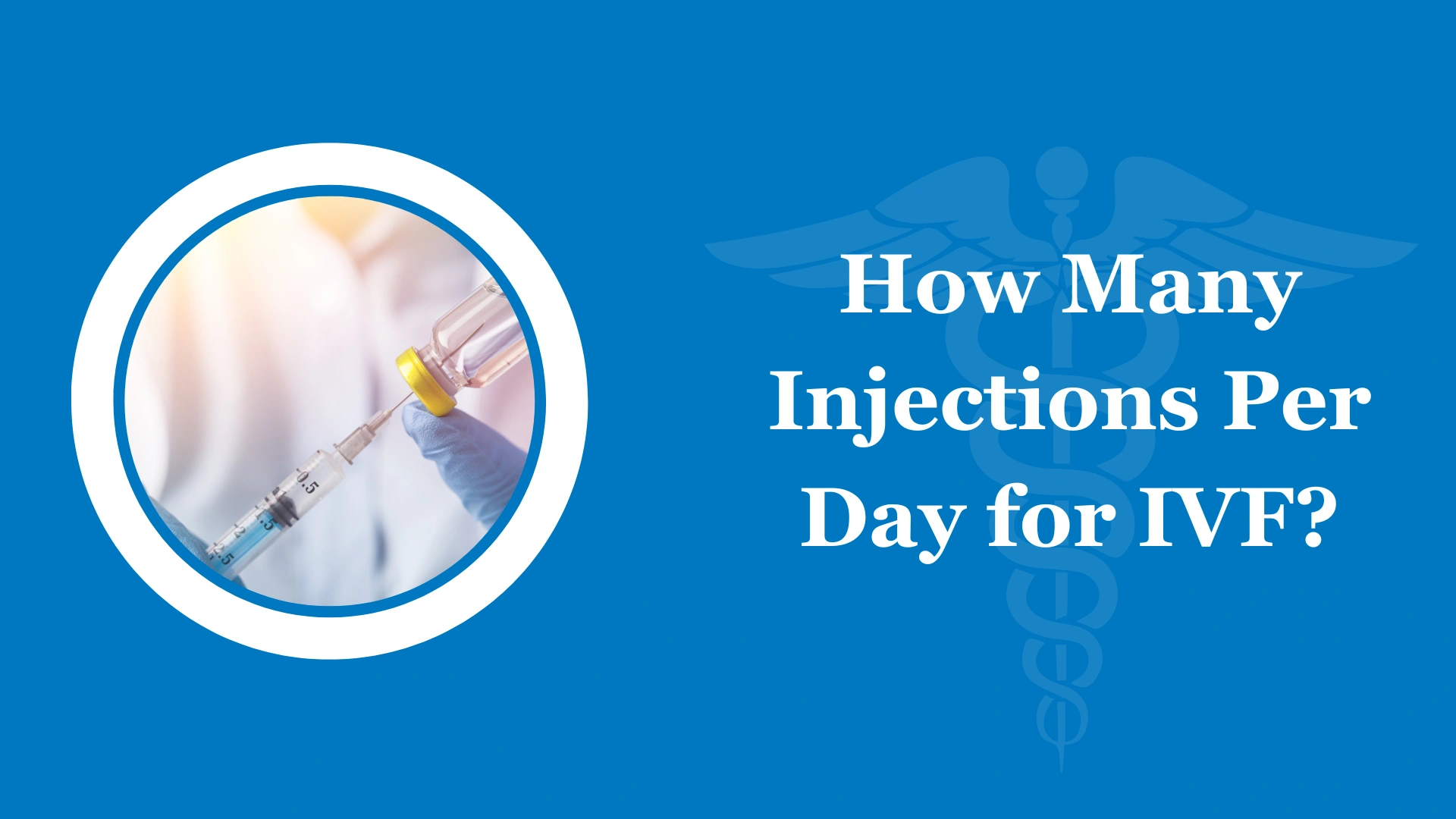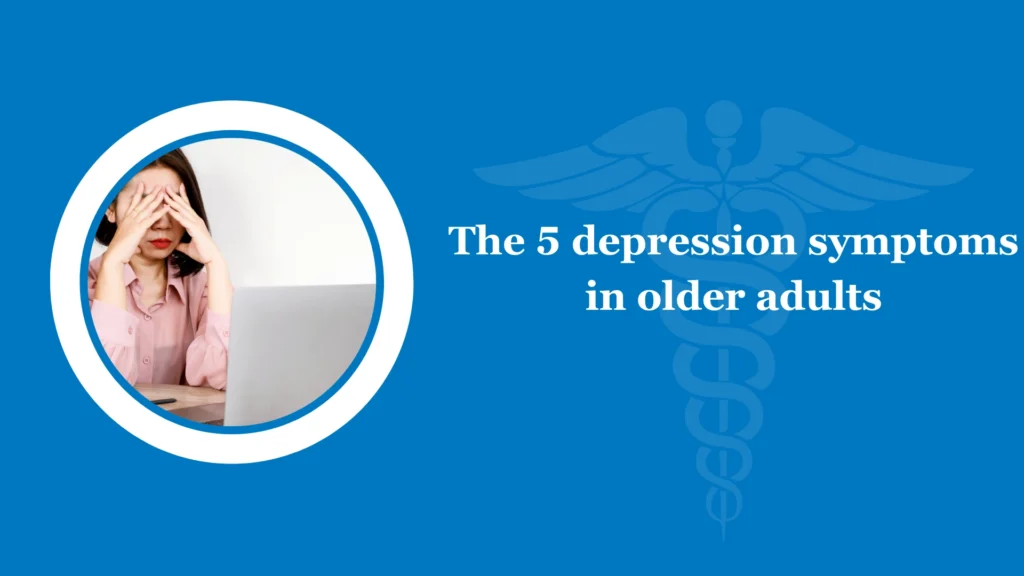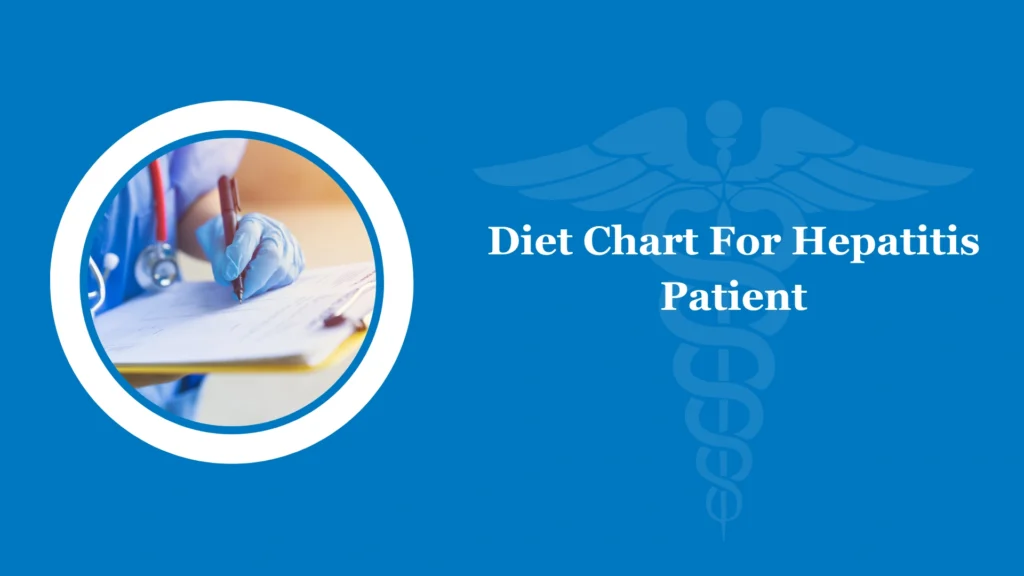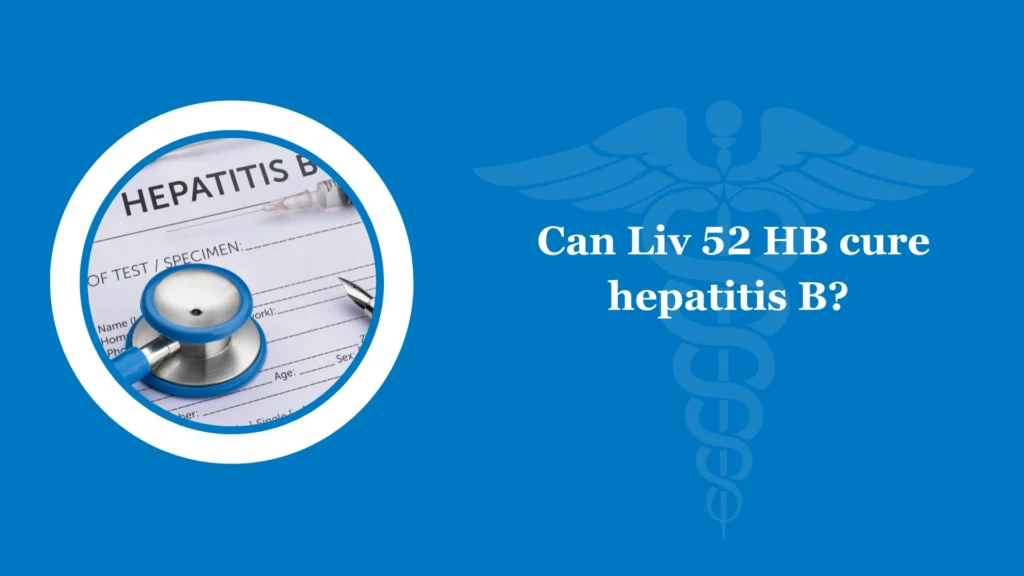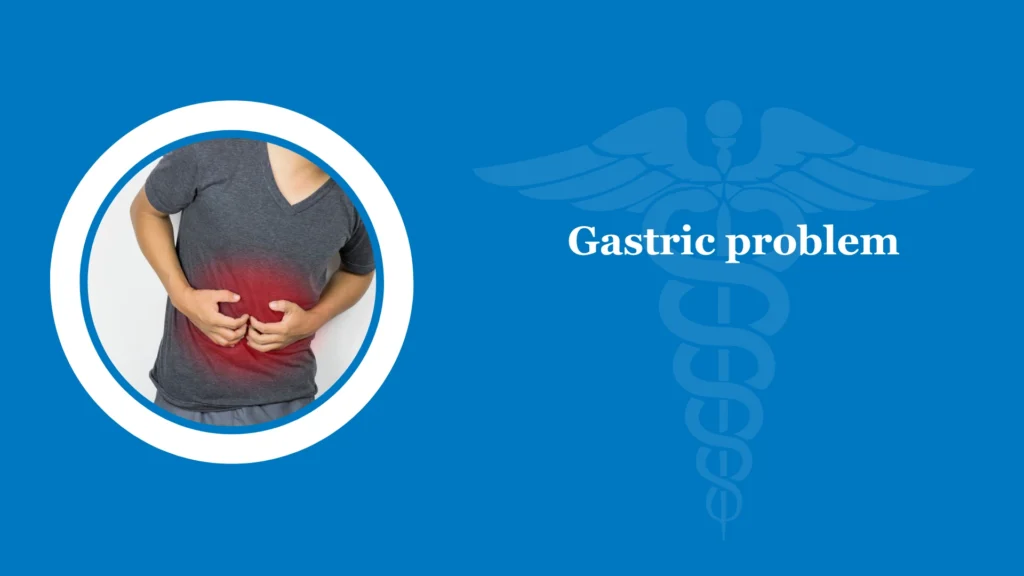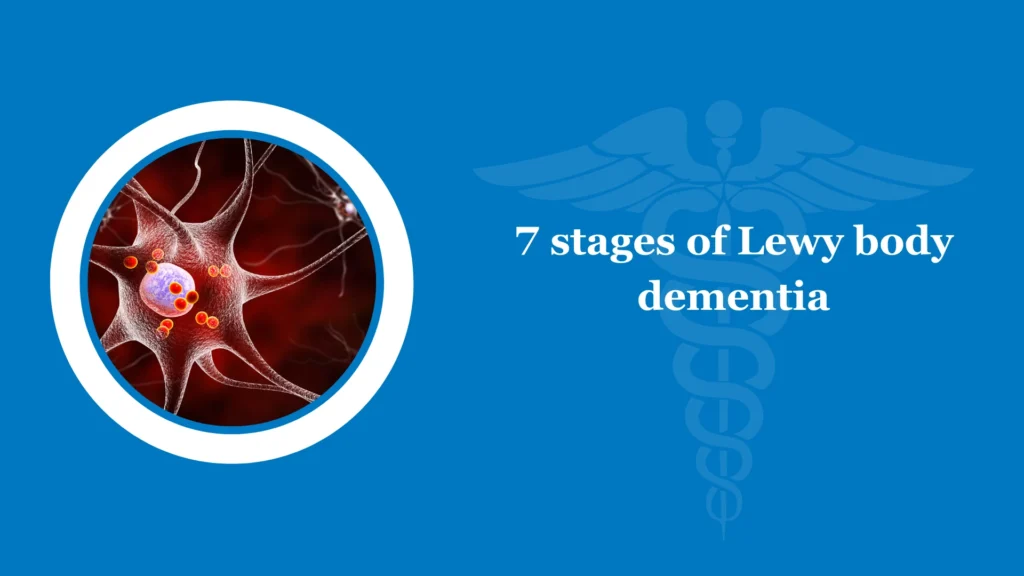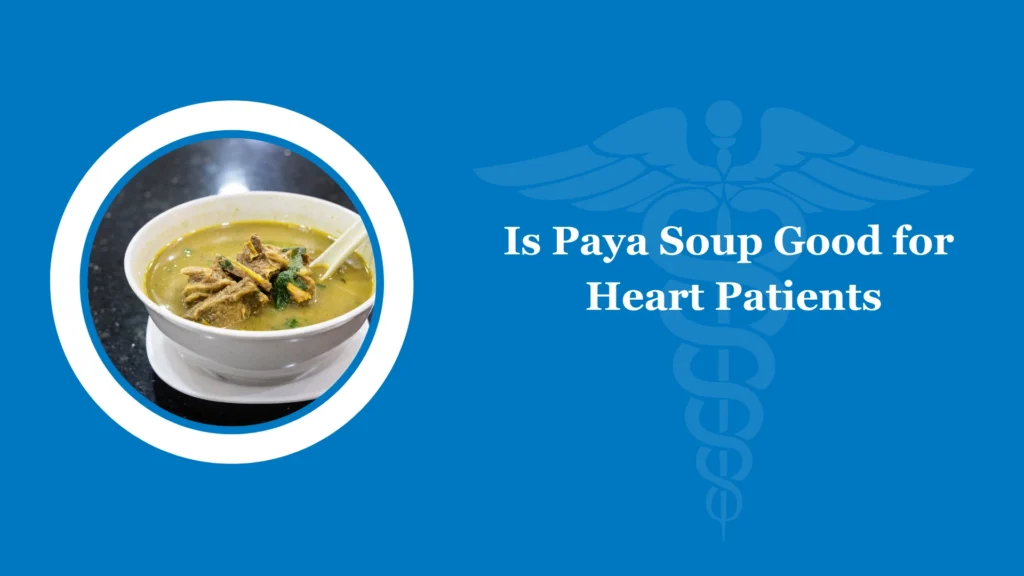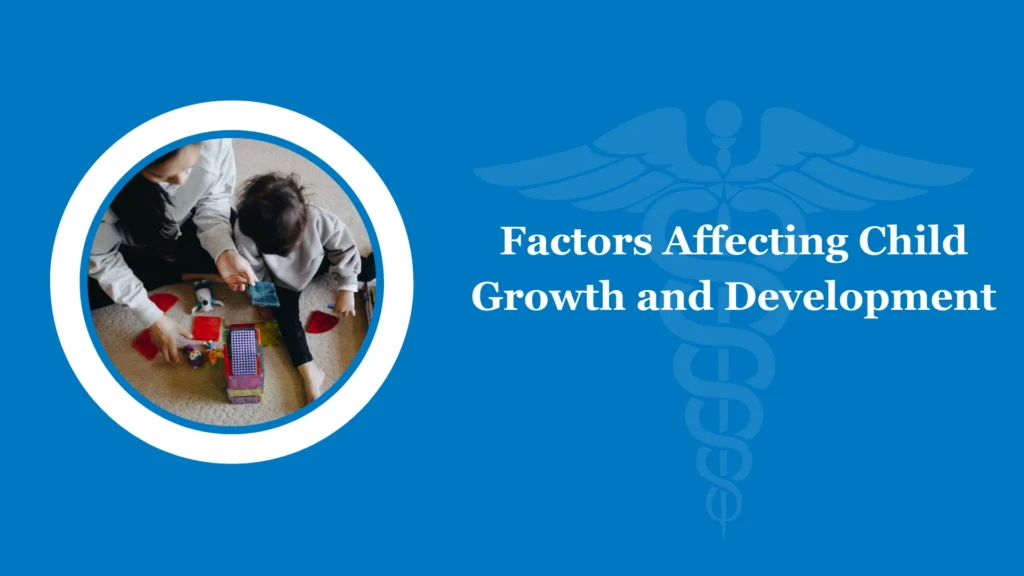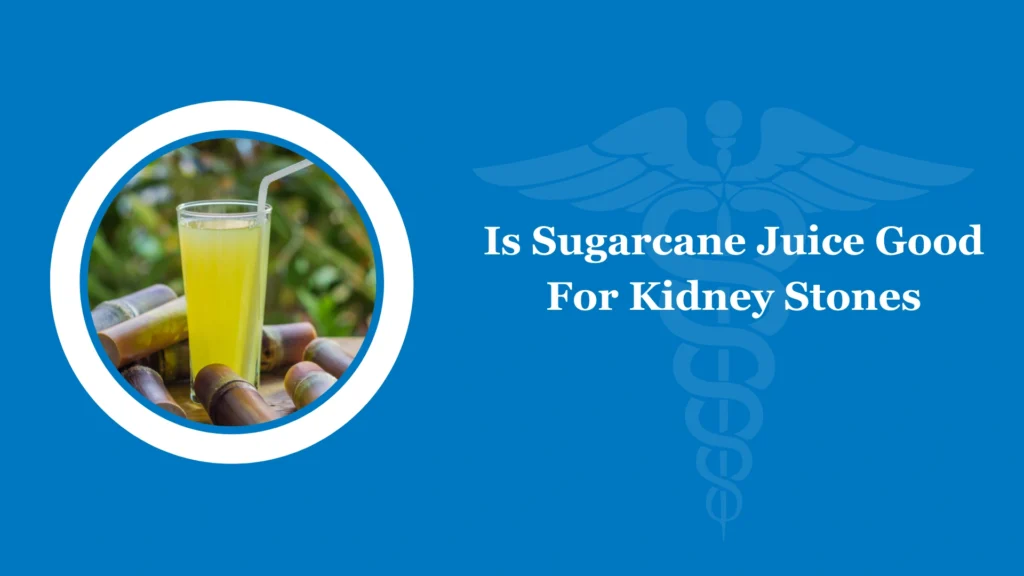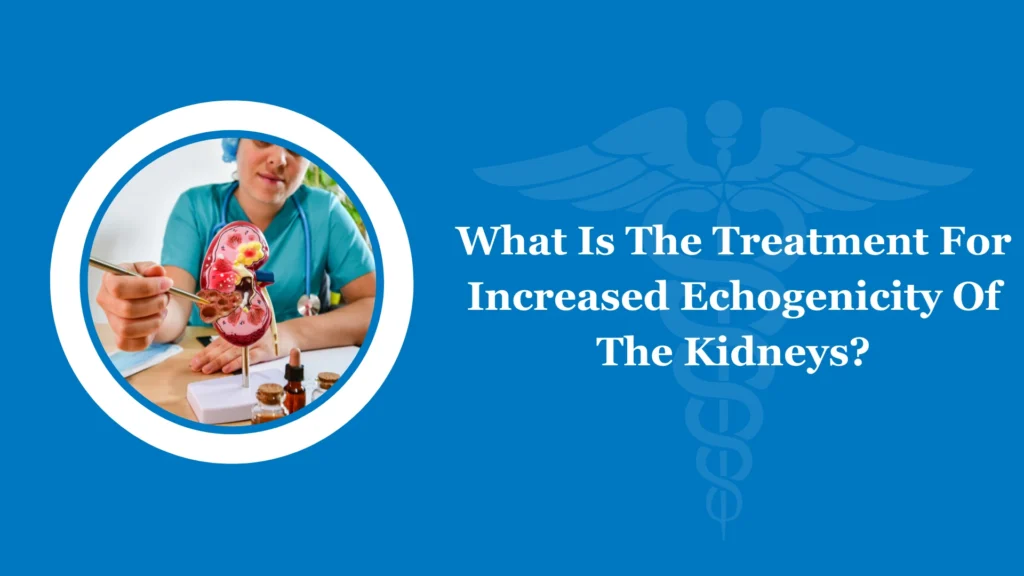IVF, or in vitro fertilization, is an advanced medical process that helps couples become parents with infertility issues. You may come across a wide range of modern medicines, but at last, IVF is the only hope for many.
Women are given numerous injections to prepare their body hormones and carry a healthy baby. Many people are often asking, “How many injections will be provided during IVF?”. The number of injections will be determined while IVF cycles are going.
With this article, you will get to know the average number of injections given and how it has been used.
How Many Injections Are Required for IVF?
IVF medications will take place in different methods like subcutaneously (directly injected into the fat under the skin), injections or intramuscular (Given directly into the muscle). Depending upon the type of treatment, every patient may receive different shots per cycle.
Generally, 1 – 2 injections per day will be given with the medication including luteinizing hormone (LH), and gonadotropins. These injections are required for a series of 10 to 12 days during the ovarian stimulation phase. The primary role of these medicines is to stimulate ovaries, which helps develop mature follicles and eggs. The progesterone hormone is naturally triggered after ovulation. In some patients, an inadequate level of progesterone hormone has been observed, hence doctors advised them to take supplements.
What are the IVF Injections Used for Ovary Stimulation?
Injection giving is common to a woman who is willing to be a mom through IVF treatment. They naturally encourage the hormones within 8 to 10 days (Some may take a few more extra days) and release 8 to 10 healthy follicles, which are usually lengthened between 18 to 22 mm.
Here are the injections given to a woman during the IVF procedure:
Gonadotropins
Gonadotropins prepare your body to work like a natural cycle. It eases the process associated with a follicle to become expanded and mature.
Oestrogen
Doctors go for this hormonal injection when a woman has a donor or frozen egg to become pregnant. This medicine facilitates the creation of a fertile uterus and endometrial development. Besides, they suggest women intake Evopad, progynova, and Meriestra orally.
Progesterone
The uterine lining is a primary need for embryo implantation, its thickness should be at least 7 to 8 mm. So, doctors advise progesterone hormone to enhance the thickness of the uterine lining and endometrial receptivity.
What to Expect from IVF Injections?
IVF injections are for stimulating ovulation. It allows experts to take control of your ovulation from the beginning of the treatment. Till the end of the procedure, a woman will be observed from different angles to ensure the growth of oocytes and estradiol levels.
Changes in your Body Weight: Hormonal injections bring unexpected changes in your body like weight gain and changes in basal metabolic rate (BMR). You may often be hungry and feel like eating. When you gain sudden weight, talk to your doctor at the earliest.
Emotional Changes: Woman encounters numerous range of changes during IVF, both physically and mentally. Particularly, the hormonal injections harass them mentally and make them feel down. IVF treatment may cause happiness to couples, but the journey of the procedure totally distracts your usual activities.
Cause Stress and Anxiety: Fertility treatment and hormonal injections, on the whole, create so much pain and depression in patients as it comes out as anger and stress. Regular consultation with your specialist may assist you in practicing stress-relief exercises, yoga, and meditation.
Drastic Changes in Feelings & Behavior: Medications make women mentally weak. They may experience new kinds of emotions that trigger them to burst out suddenly.
Are IVF Injections Painful?
IVF injections aim for ovarian stimulation and typically the injections are given at the arms, abdomen or thighs. Again, this is based on the cycle used. In general, the IVF injections are slightly painful and cause discomfort to some people based on their health condition. The patients may expect certain side effects but it won’t last longer.
How to Make IVF Injections Easier?
IVF treatment is more likely to achieve parenthood. The procedure is somewhat tricky and challenging. The medications and injections during the procedure may seem even harder. But you can make it be safer and easier with these useful tips:
- Before going to treatment, educate yourself either by going through the articles or consulting with your doctor.
- Understand what experts are saying about injections and medications given during the procedure.
- Keep your injection site calm with an ice cube or a heating pad.
How are the IVF Injections Scheduled?
IVF injections for individuals vary from one another based on their health condition. The first injection of a procedure will be given on the second or third day of a menstrual cycle. Following that, the remaining injections are scheduled by considering the embryo transfer and egg retrieval procedures.
The most important thing among them is not making changes in the injection schedule given by your doctor. If you need any changes, consult with your doctor or medical team before doing so.
What are the Side Effects of IVF Injections?
Similar to other medications, IVF injections also leave some side effects that you would find below. However, you should discuss with your doctor in advance to ensure whether the changes or impacts can be manageable.
- Abdominal pain, cramping, and nausea
- Restlessness and irritability
- Changes in cervical mucus
- Stomach upset and discomfort
- Night sweats, hot flashes
- Headaches and temporary visual disturbances (blurred vision)
- Stress and frequent mood swings
- Soreness and skin redness
- OHSS (Ovarian hyperstimulation syndrome)
These impacts are not compulsory for everyone. The treatment procedures may vary from one another, so seek medical assistance to provide you with mental support. Some of the effects are common and mild and won’t affect you more.
Conclusion
IVF treatments are scary for many people. However, educating yourself about the treatment relaxes you from unwanted imaginations and myths. With this article, you get to know about the IVF treatment and number of injections required per day. Consulting the right expert provides you effective guidance with successful pregnancy outcomes.
FAQs
How Many Injections are needed for IVF treatment?
During IVF treatment, one injection on a daily basis will be provided for a series of 10 to 12 days. Based on the individual’s health condition, the hormonal injections may be given extra in various stages.
Does IVF Injection Cause Any Side Effects?
IVF treatment is sensitive and includes so many procedures and medications. It may cause some side effects but that are manageable includes weight gain, nausea, bloating, etc.
